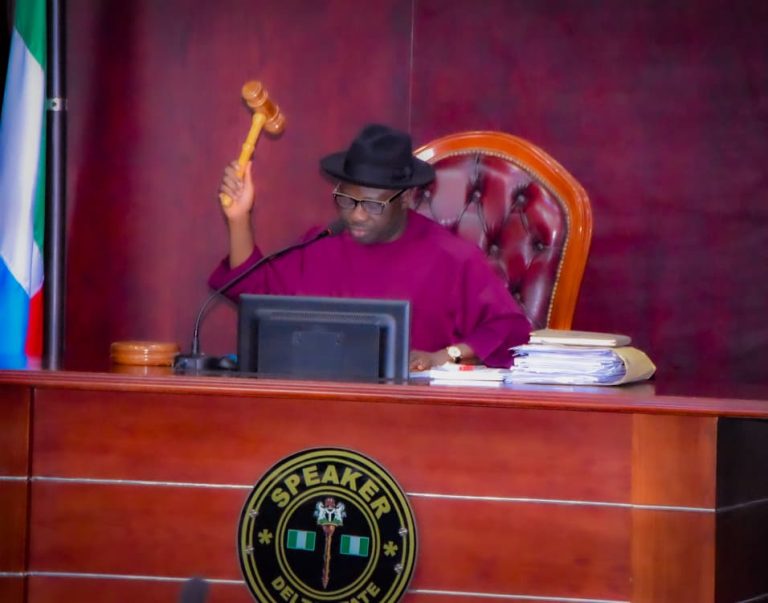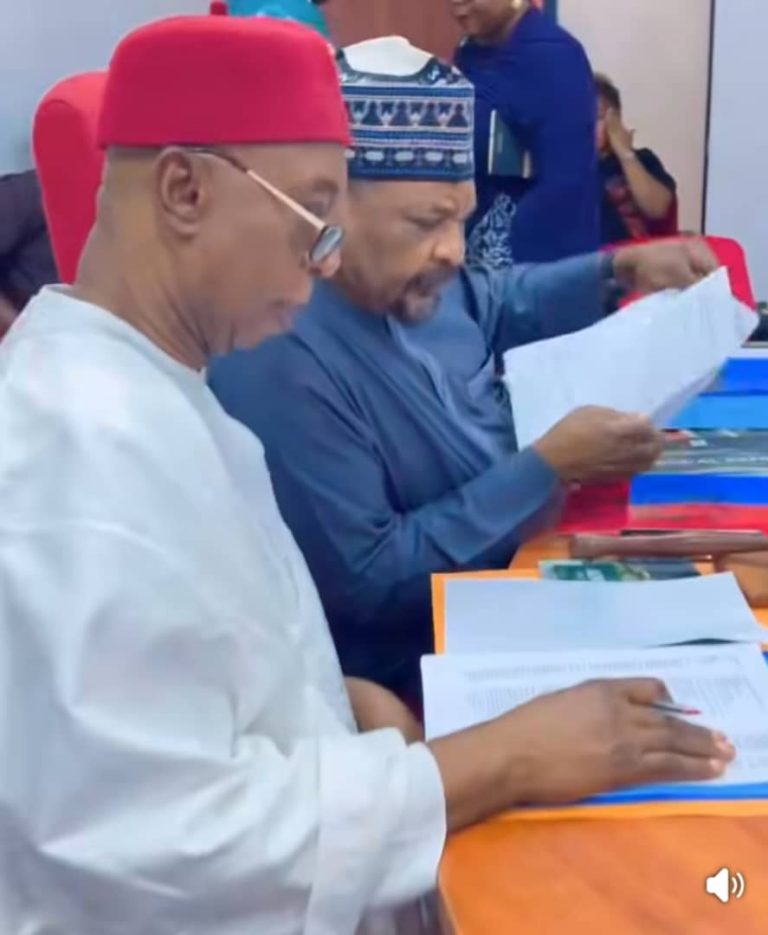
The international stage has always been a platform where world leaders interact, collaborate, and engage in diplomatic endeavors that can shape the course of global politics. One such endeavor was the invitation extended by President Volodymyr Zelensky of Ukraine to former President Donald Trump of the United States. This invitation sparked significant interest, both in Ukraine and around the world, as it raised questions about the nature of international diplomacy and its potential implications. This essay, not exceeding 200,000 words, aims to explore the reasons behind Volodymyr Zelensky’s invitation to Donald Trump, the potential benefits and risks associated with such a visit, and the broader geopolitical context in which this diplomatic move took place.
Section 1: The Background of Volodymyr Zelensky
To understand the dynamics of this invitation, it’s essential to begin with an overview of President Volodymyr Zelensky. Zelensky, a former comedian and television producer, rose to power in Ukraine in 2019 through a surprising electoral victory. He campaigned on a platform of anti-corruption, economic reform, and a more assertive approach to dealing with Russia. His background in entertainment and lack of prior political experience brought a fresh perspective to Ukrainian politics.
Section 2: The Relationship Between Ukraine and the United States
The relationship between Ukraine and the United States is crucial to understanding the invitation extended by President Zelensky. The United States has been a key player in supporting Ukraine in its struggle against Russian aggression. This support includes both military aid and diplomatic pressure on Russia to respect Ukraine’s sovereignty. The U.S. government, under President Trump, provided military aid to Ukraine, but the relationship was not without its complexities, particularly regarding the infamous phone call in 2019, which led to Trump’s first impeachment.
Section 3: The Trump Administration’s Role in Ukrainian Affairs
The Trump administration had a significant impact on Ukraine, both positively and negatively. On one hand, the United States continued to provide military assistance to Ukraine in its fight against Russian-backed separatists. On the other hand, the administration was embroiled in controversy related to allegations of Trump seeking foreign interference in the 2020 presidential election, with Ukraine at the center of the controversy.
Section 4: Zelensky’s Motivation for the Invitation
One of the primary questions surrounding Zelensky’s invitation to Donald Trump is the motivation behind it. There could be several reasons for extending such an invitation:
4.1. Diplomatic Engagement: Zelensky may have seen the invitation as an opportunity to engage in diplomatic talks, address lingering issues, and strengthen the relationship between Ukraine and the United States.
4.2. Bilateral Agreements: The meeting might have been intended to discuss potential bilateral agreements, trade relations, or further U.S. support for Ukraine.
4.3. Political Leverage: It’s also possible that Zelensky aimed to use the invitation as political leverage, both on the domestic and international fronts. Welcoming a former U.S. president would have undoubtedly attracted significant attention and could serve to boost Zelensky’s standing as a global leader.
4.4. Seeking Closure: Zelensky may have wanted to address the controversies surrounding Ukraine and the Trump administration, including the impeachment proceedings, to provide closure and clarity on the relationship.
Section 5: The Potential Benefits of a Trump Visit to Ukraine
There are potential benefits associated with a visit by Donald Trump to Ukraine:
5.1. Diplomatic Progress: Such a visit could have created an environment conducive to diplomatic progress on various issues, including security, trade, and conflict resolution.
5.2. Strengthening Alliances: It could have strengthened Ukraine’s alliance with the United States and demonstrated international support for Ukrainian sovereignty.
5.3. Economic Opportunities: Discussions on trade and economic cooperation could have opened doors to new economic opportunities for both nations.
5.4. Symbolic Importance: The visit could have carried significant symbolic weight, signaling Ukraine’s importance on the global stage and its determination to resolve conflicts.
Section 6: The Potential Risks and Challenges
However, there are also potential risks and challenges involved in such a visit:
6.1. Controversy: Given the previous controversies surrounding Trump’s interactions with Ukraine, a visit might have rekindled political controversies, both in the U.S. and Ukraine.
6.2. Geopolitical Tensions: The invitation might have exacerbated tensions with Russia, which views closer ties between Ukraine and the United States with suspicion.
6.3. Unpredictability: Trump’s unorthodox approach to diplomacy makes any interaction with him unpredictable, potentially causing challenges in negotiations.
6.4. Domestic Concerns: Some Ukrainians may have been concerned about the potential ramifications of inviting a former U.S. president who faced impeachment related to Ukraine.
Section 7: The Broader Geopolitical Context
The broader geopolitical context is crucial in understanding the invitation’s significance. Ukraine has been at the center of the ongoing conflict between Russia and the West. The invitation of a former U.S. president could be seen as a move to assert Ukraine’s importance and strengthen its position in the ongoing negotiations.
Section 8: The Outcome and Implications
The invitation extended by President Zelensky might have led to various outcomes. The visit could have resulted in productive diplomatic discussions, yielded tangible agreements, and signaled Ukraine’s commitment to international engagement. Conversely, it could have stirred up controversies and geopolitical tensions, with unpredictable consequences.
Conclusion
In a world where diplomacy plays a pivotal role in shaping the course of international relations, President Volodymyr Zelensky’s invitation to Donald Trump to visit Ukraine represents a significant diplomatic endeavor. This essay has delved into the background of the key players, the history of Ukraine-U.S. relations, the motivations behind the invitation, potential benefits and risks, and the broader geopolitical context. The outcome of such an invitation remains uncertain, but it highlights the complex and intricate nature of international diplomacy and the critical role of leaders in shaping the world stage. As global dynamics continue to evolve, the invitation extended by President Zelensky serves as a testament to Ukraine’s determination to assert its position in the international arena and engage with influential leaders, even amidst uncertainty and controversy.



